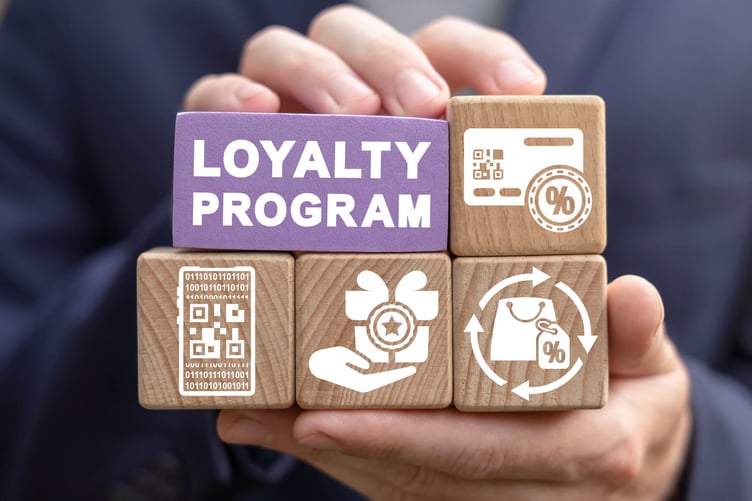-
Company
-
Who We Help
-

Customer Loyalty Programs
Services to enhance customer loyalty and engagement.

Loyalty Management Programs
Tools for loyalty program managers.

Financial Service Providers
Solutions tailored for banks, credit cards, & other financial institutions.

Airlines
Services and solutions for airline loyalty programs.
EMPLOYEE REWARDS

Rewards & Recognition Solutions
Travel offerings for employee recognition platforms.

Employee Rewards Programs
Tailored rewards solutions for employees.
MEMBERSHIP ORGANIZATIONS
Membership Organizations
Benefits for your organization and it's members.
FEATURED
-
-
Solutions
-
SOLUTIONS

Customer Experience
Enhancing customer experience through travel.

Employee Experience
Improving employee satisfaction with travel benefits.
Case Study
-
-
Features
-
FEATURES

Dynamic Packaging
Bundling travel services for unique offerings.

White-Label Travel Platform
Customizable travel platforms for brands.

Machine Learning & Artificial Intelligence
Advanced analytics for travel services.
Travel Protection
Protection and coverage for travelers.
Case Study
-
-
Resources
-
RESOURCES

2026 Trend Report
Latest trends in the travel industry.

Travel Buddy Podcast
Podcast discussing travel topics.

Resources
Educational and informational resources.

Travel Industry Insights
Insights and analytics for the travel industry.

Blog
Articles and updates from Switchfly.
FOR DEVELOPERS

API Documentation
Technical documentation for developers.

Widgets Integration Guide
Embeddable travel widgets for partner sites.
Trend Guide
-
-
Contact Us





